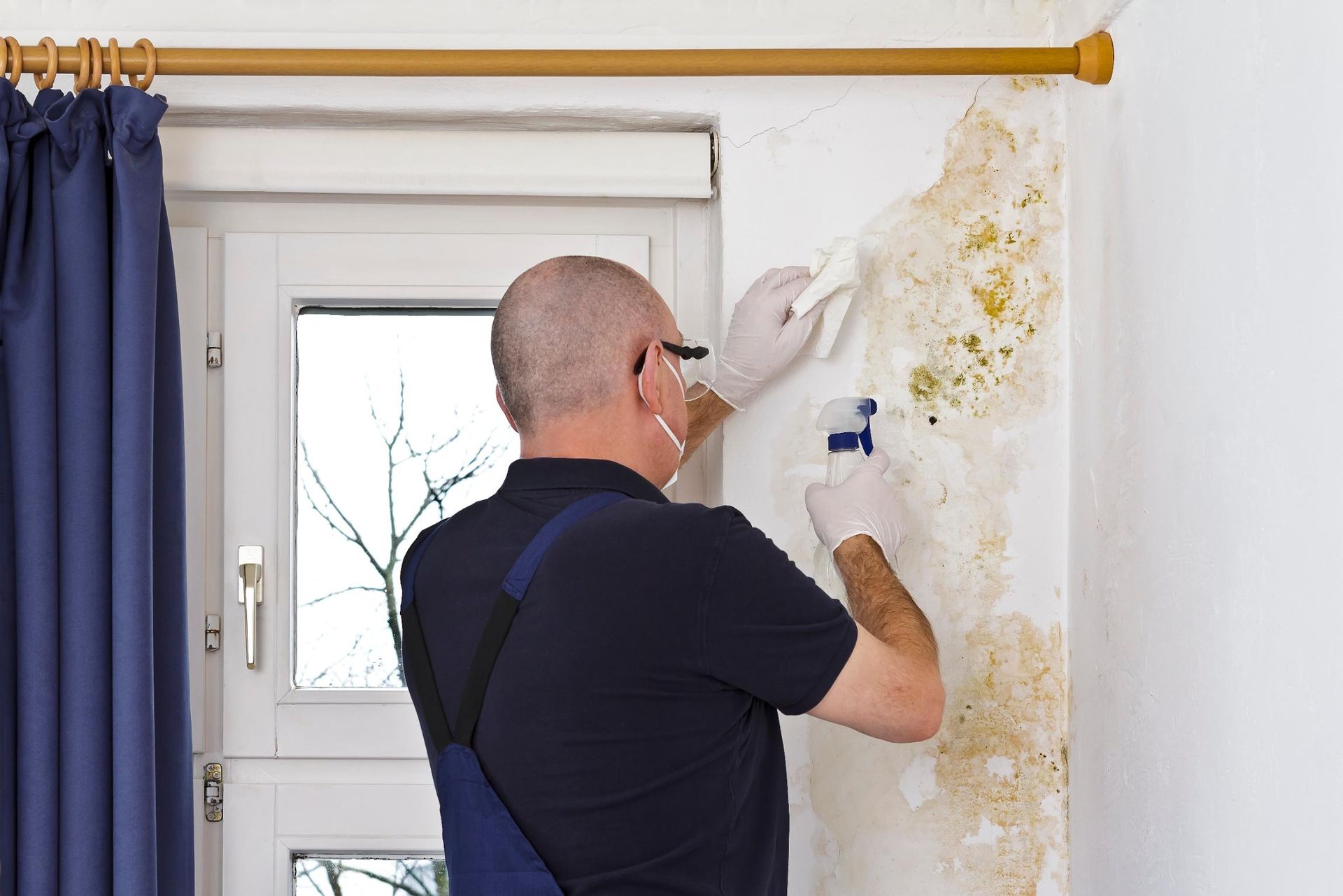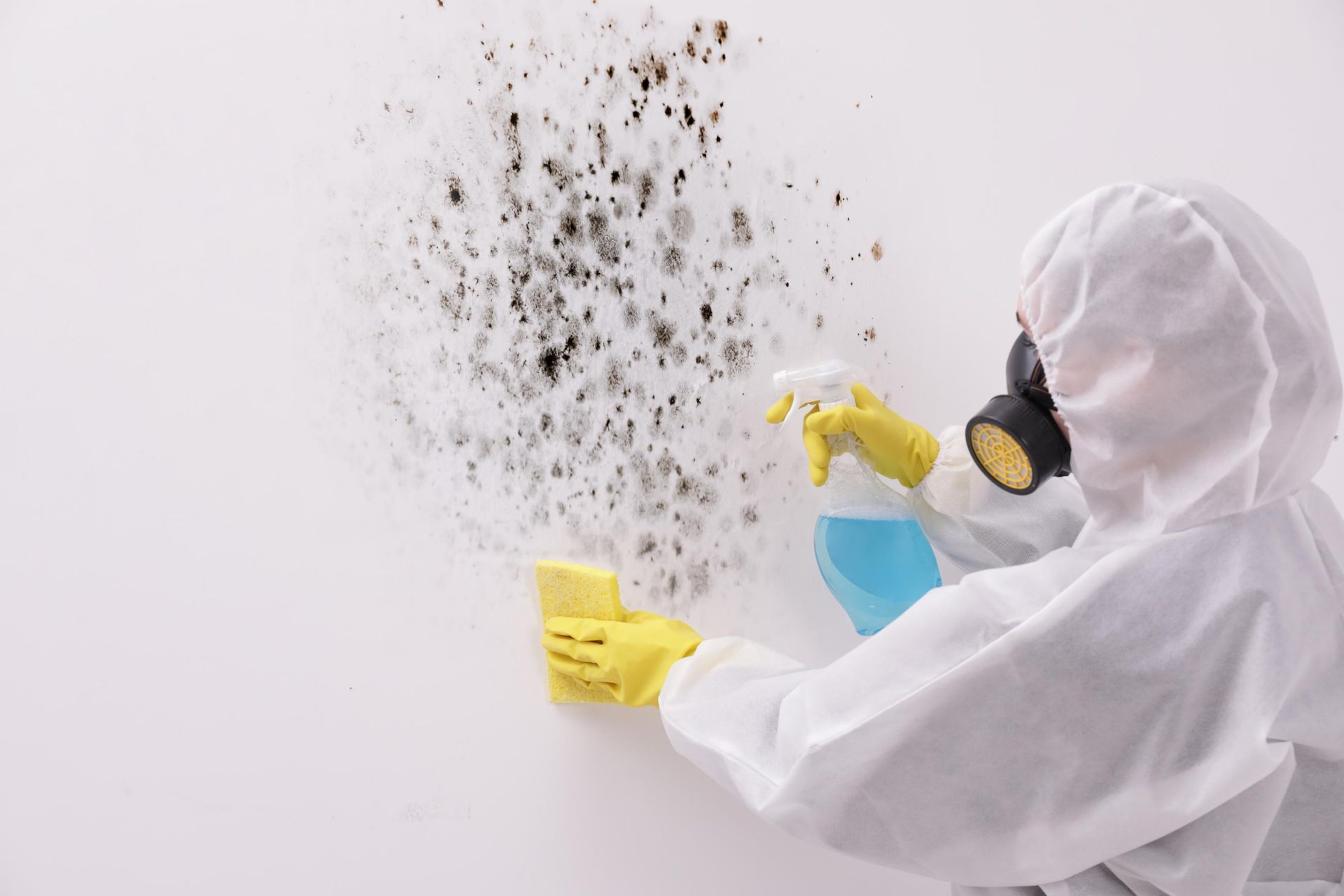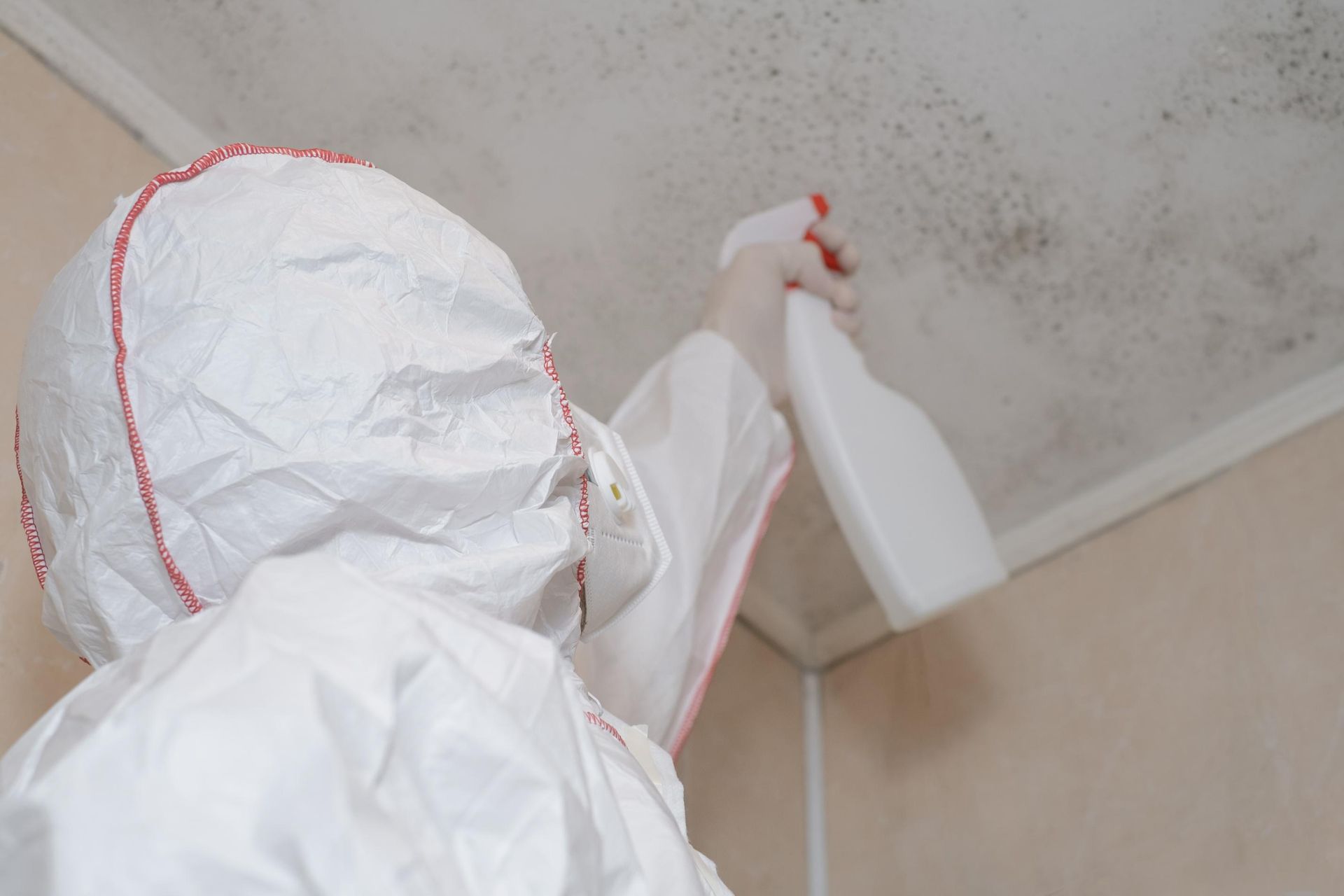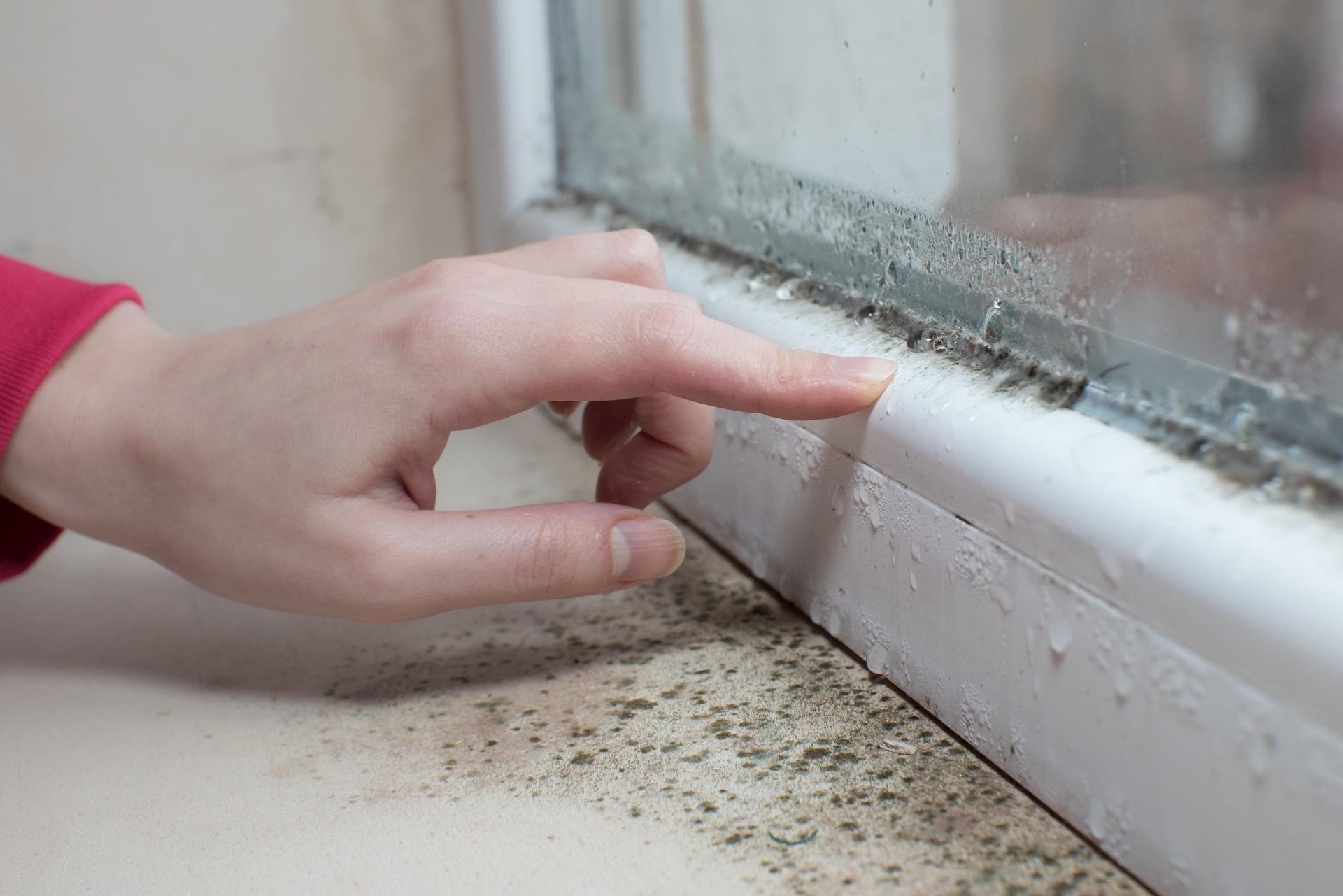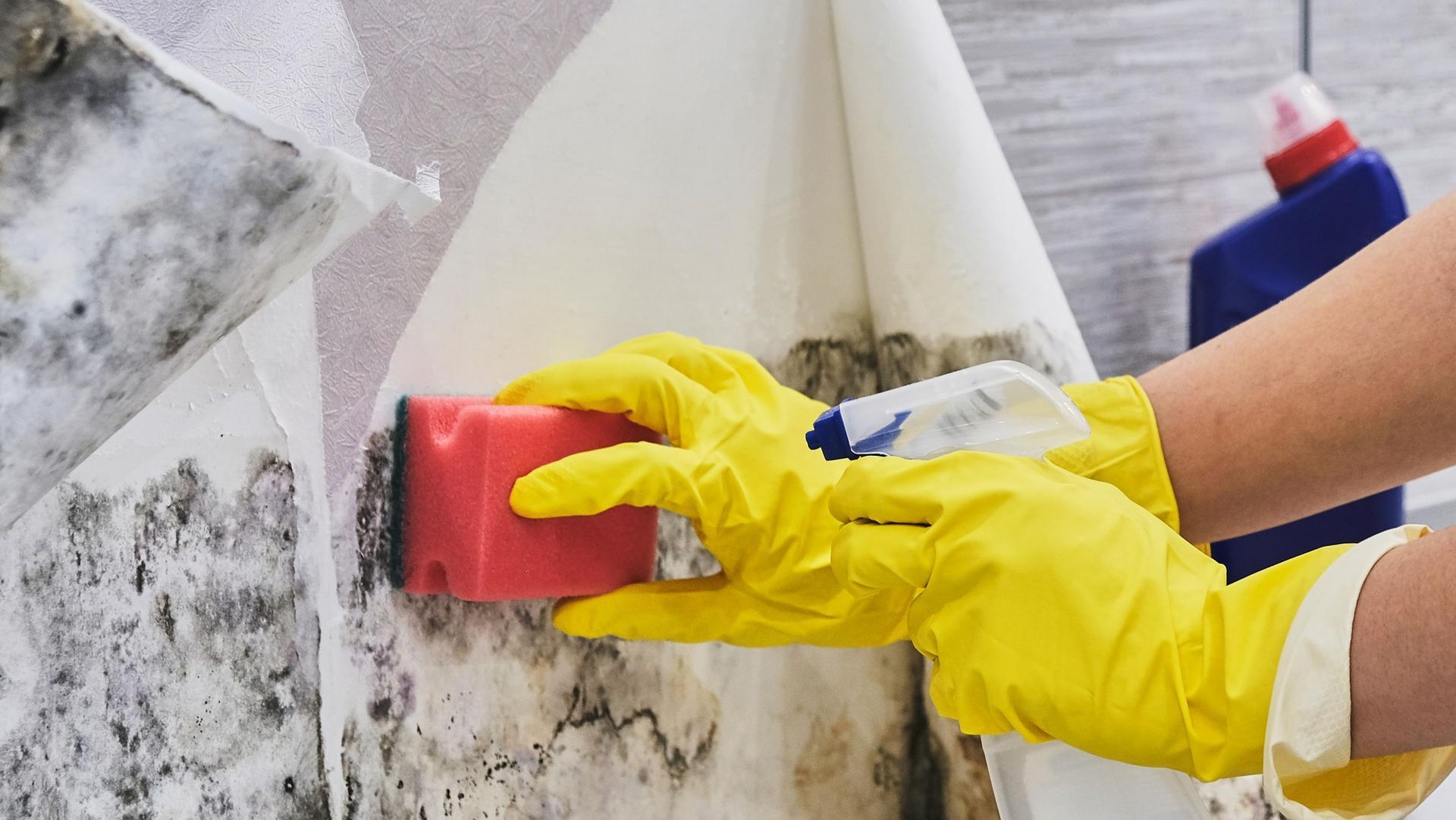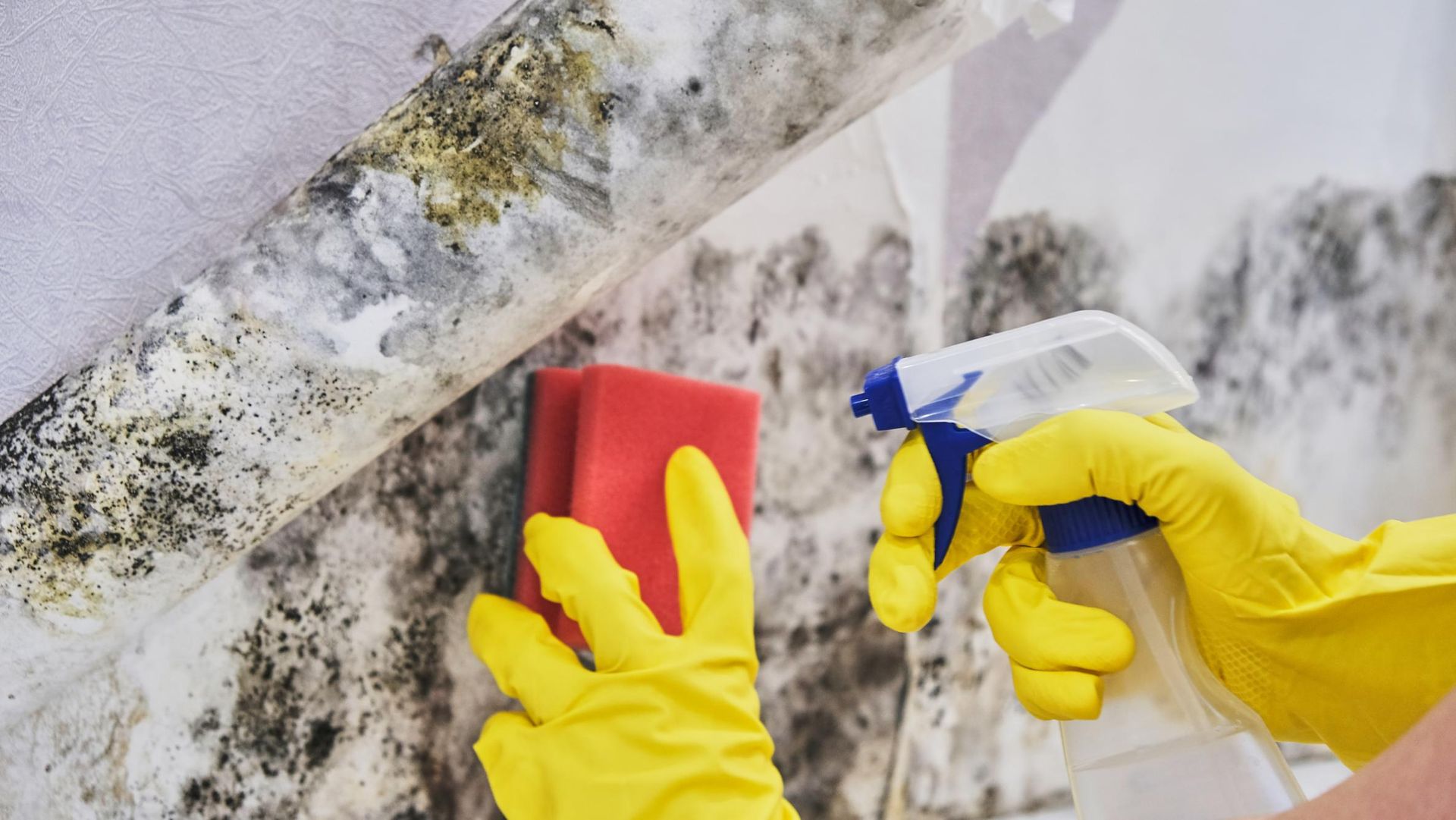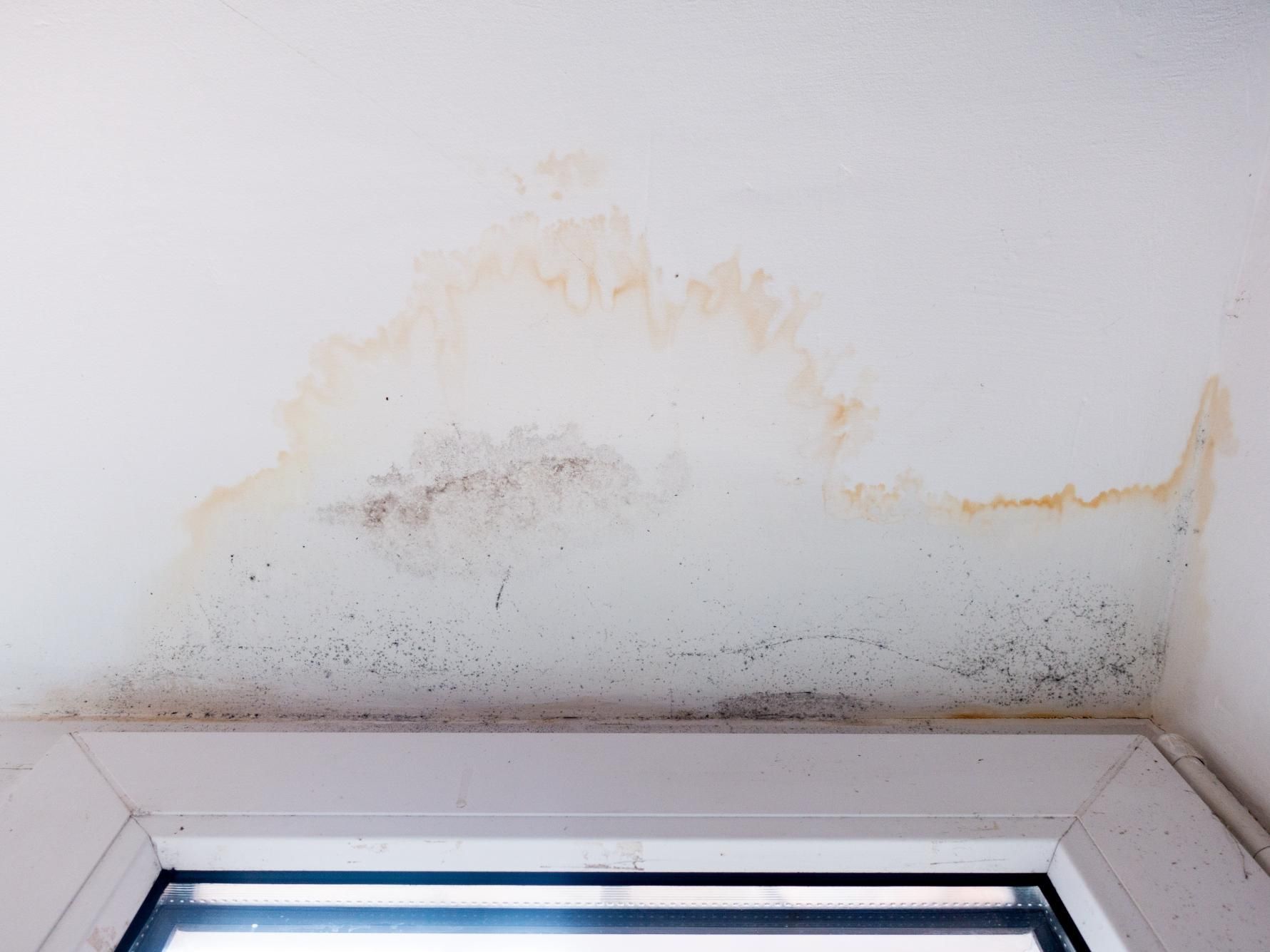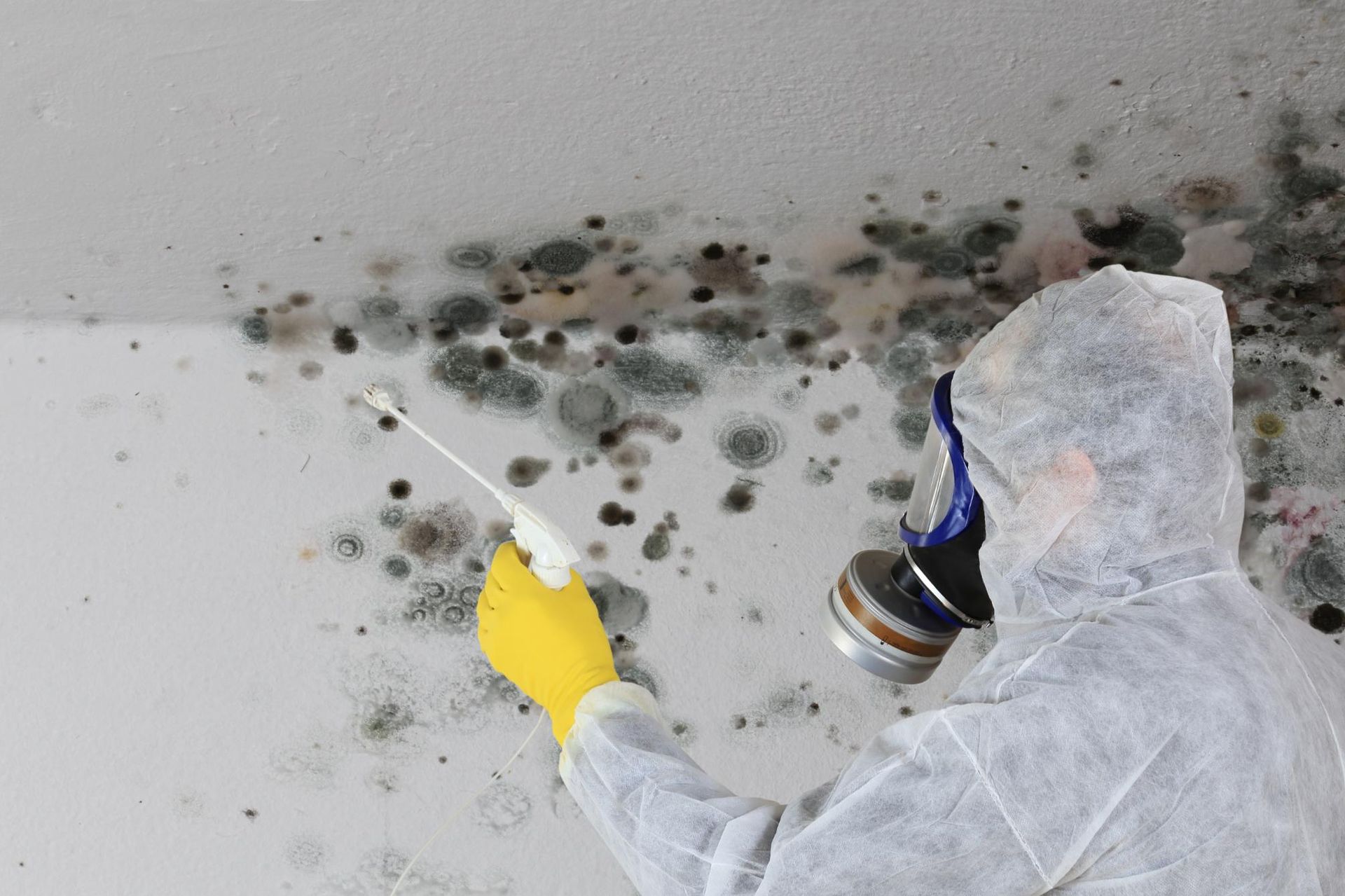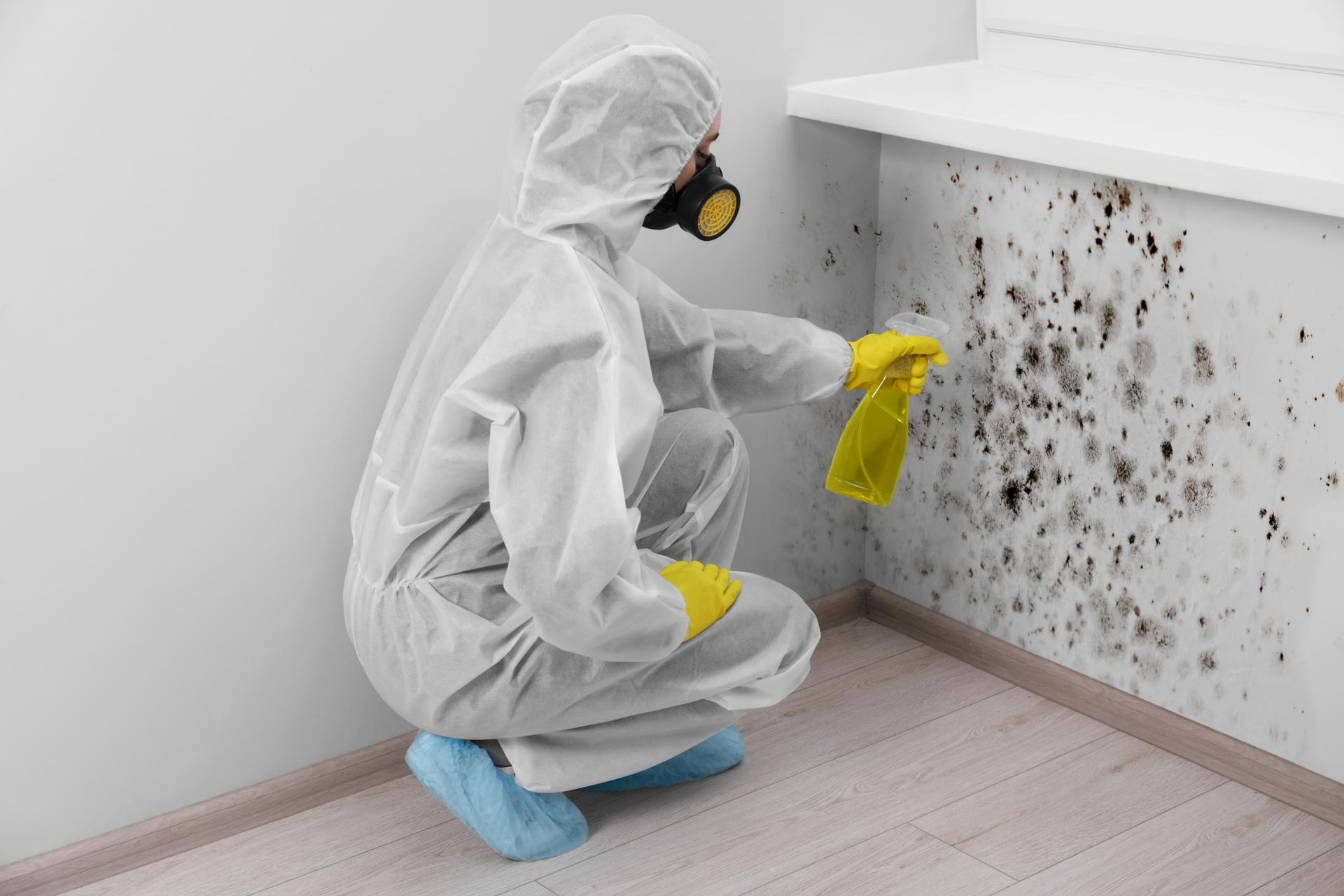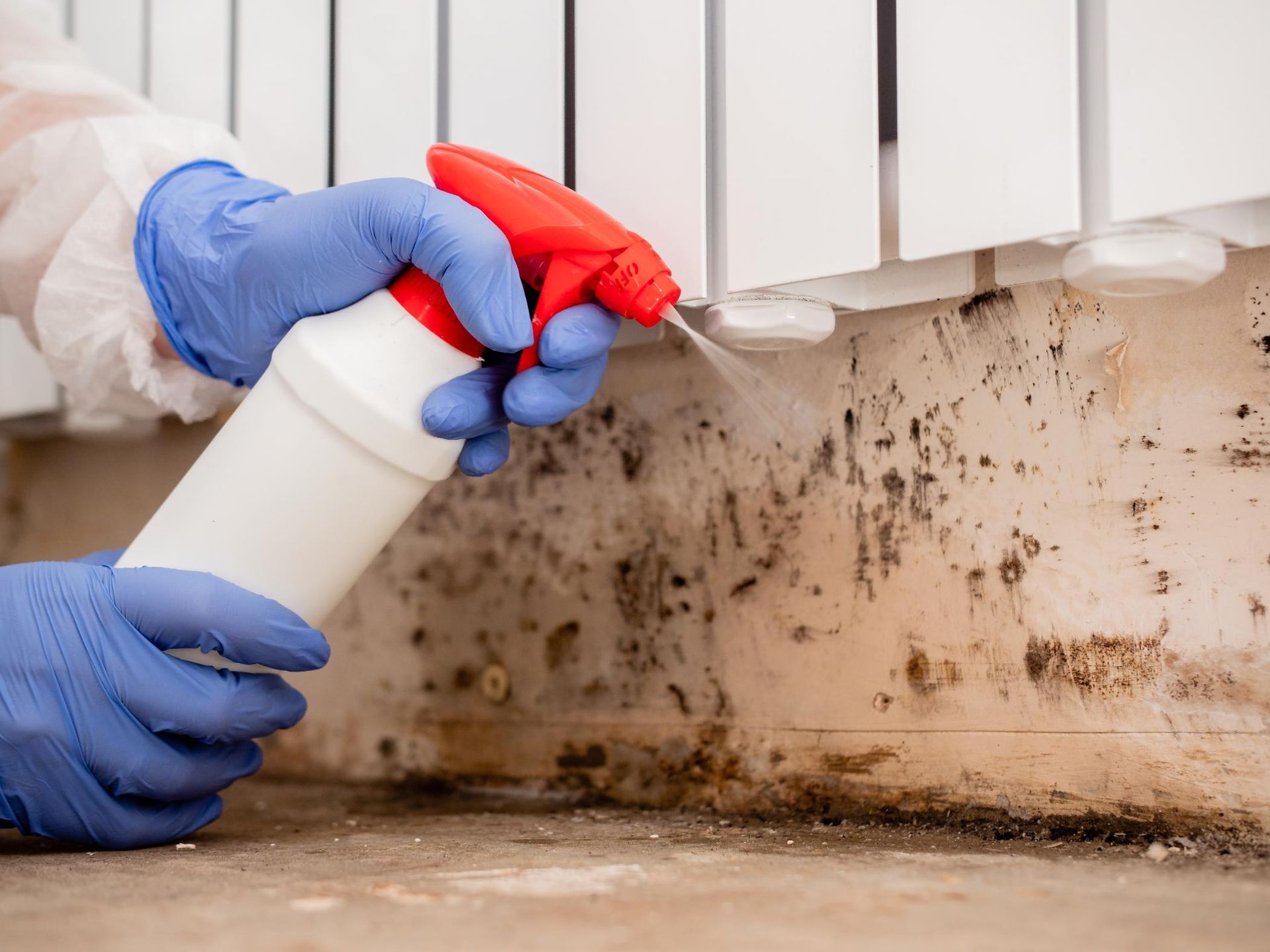Choosing a Qualified Mold Inspector
When it comes to ensuring the health and safety of your home or business, conducting a thorough mold inspection is of utmost importance. By utilizing the services of a qualified mold inspector, you can gain valuable insights into the presence and extent of mold within your property.
Factors to Consider When Selecting an Inspector
- Experience: Seek inspectors with extensive experience in mold identification, testing, and remediation.
- Certifications: Look for inspectors certified by reputable organizations like the American Council for Accredited Certification (ACAC) or the Indoor Air Quality Association (IAQA).
- Training: Ensure that the inspector has undergone comprehensive training in mold inspection techniques and standards.
- Equipment: Verify that the inspector uses advanced equipment, including moisture meters and air samplers, for accurate mold detection.
- Reputation: Research the inspector's reputation through online reviews or referrals from previous clients.
- Insurance:
Ensure that the inspector carries appropriate insurance coverage to protect you and your property in case of any incidents.
Importance of a Comprehensive Inspection
A qualified mold inspector will conduct a comprehensive inspection encompassing the following steps:
- Visual Inspection: They will thoroughly examine your property, paying close attention to areas prone to moisture buildup and mold growth.
- Moisture Analysis: Using moisture meters, they will assess moisture levels in walls, floors, and ceilings to identify potential sources of mold.
- Air Sampling: Air samples will be collected and analyzed to determine the presence, type, and concentration of mold spores.
- Report Preparation: A detailed report outlining the inspection findings, including recommended remediation measures, will be provided to you.
Benefits of Choosing a Qualified Inspector
- Accurate Assessment: A qualified inspector will provide an accurate assessment of your mold situation.
- Customized Solutions: They will develop tailored recommendations based on the specific needs of your property.
- Expert Guidance: Inspectors can guide you through the remediation process and ensure the health and safety of your indoor environment.
- Prevention: By addressing mold issues promptly, you can prevent further damage and health risks.
Conclusion
Choosing a qualified mold inspector is crucial for ensuring a comprehensive and reliable inspection. By following the guidelines provided above, you can select an expert who will provide you with valuable insights and help you create a safe and healthy indoor environment for you and your family.

